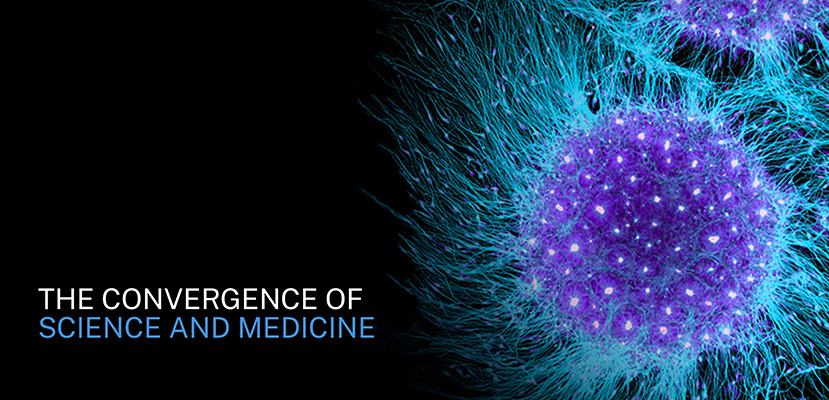Philanthropy News

ROCKEFELLER UNIVERSITY CAMPAIGN RAISES $777 MILLION
The university’s five-year Campaign for the Convergence of Science and Medicine concluded on June 30, 2024, with a total of $777 million raised—15 percent over the $675 million goal set by the Board of Trustees.
The campaign was launched in 2020 to fulfill the ambitious goals of the 2019-2024 Strategic Plan. The core priorities of this plan are:
1. Investing in the most audacious and original scientists in the world
2. Translating discoveries into innovative diagnostics and therapeutics
3. Catalyzing collaborations, internal and external, that lead to breakthroughs
4. Powering the future of science through disruptive technologies
5. Enhancing the environment for scientific innovation
“Thanks to magnificent gifts from university benefactors, we are in the position to realize a revolution in biomedicine. The tremendous vision and generosity of our trustees, led by Board chair Bill Ford and Campaign co-chairs Robin Neustein and John Shapiro, created the momentum that propelled us to surpass our fundraising goal by more than $100 million. This extraordinary commitment of private support will fuel groundbreaking foundational research and the translation of scientific discoveries into new medicines. The impact on human health will be truly transformational.” said President Richard P. Lifton.
Bill Ford, chair of the Board of Trustees, credits Rockefeller’s scientists and the proven impact of their work for inspiring such powerful philanthropy. “Our scientists raise the bar for what is possible. The university’s donors share the belief that Rockefeller maintains a standard of excellence that sets it apart and have committed extraordinary support to ensure that its faculty will continue to come up with the answers to the health challenges facing society.”
Rockefeller scientists were the focus of major support from university trustees and benefactors who generously endowed 18 named professorships for tenure-track and mid-career heads of laboratory, 14 new named fellowships for graduate students and postdoctoral investigators, and three named laboratories. Among the professorships are two named for late Rockefeller faculty: the Günter Blobel Professorship established by his wife, Laura Blobel, and the Purnell Choppin Professor established by his wife, Joan Choppin. Additionally, Barbara Allis, the wife of the late David Allis, endowed the postdoctoral investigator retreat which now bears his name.
Building on the substantial investments Rockefeller has made in recent years in translational research, a new biotech incubator was established on campus. The Ford Center for Life Science Innovation will accelerate the development of new drugs.
To catalyze biomedical progress, funds for translational research and entrepreneurship grew significantly. The Black Family Therapeutic Development Fund (TDF) will fuel innovative translational research initiatives into the next decade, continuing what was begun by the Robertson Foundation in 2014. The Anna-Maria and Stephen Kellen Women’s Entrepreneurship Fund (WEF), a Women & Science initiative, is among the new funds equipping scientists to pursue the clinical applications of their research. A new gift to the Rockefeller hospital’s Shapiro-Silverberg Fund for the Advancement of Translational Research provided additional funding for Clinical Scholars and for biomedical research projects with therapeutic potential.
Existing interdisciplinary centers at Rockefeller were boosted by new funding, and three new centers were created, including the Stavros Niarchos Foundation Institute for Global Infectious Disease Research and the Marlene Hess Center for Research on Women’s Health and Biomedicine.
With rapid advances in technology driving biomedical discovery, funding to acquire and develop new instrumentation was a campaign priority. The Gruss Lipper Precision Instrumentation Technologies (PIT), the Jonathan and Maya Nelson Center for Artificial Intelligence, the Elizabeth R. Miller Brain Observatory, and the Fisher Artificial Intelligence Platform to Advance Research in Alzheimer’s and Neurodegenerative Diseases are all up and running thanks to generous campaign gifts.
Remarkably, the campaign thrived even though it was launched during a global pandemic. “It is not surprising that the COVID-19 pandemic had the effect of inspiring philanthropy in our wonderful benefactors. Philanthropists who embrace Rockefeller have a deep awareness that advances in biomedical research are essential to improving human health. We are enormously grateful for their unwavering commitment and exceptional generosity,” said Marnie Imhoff, Senior Vice President for Development.